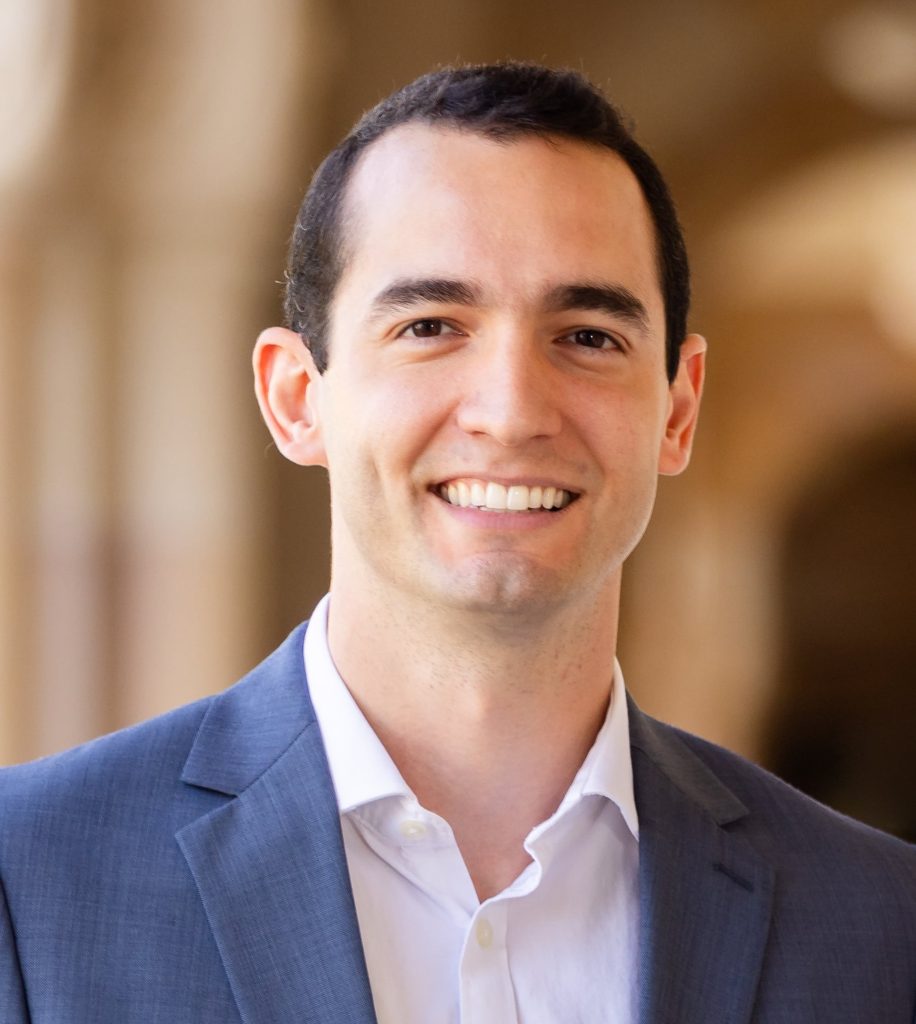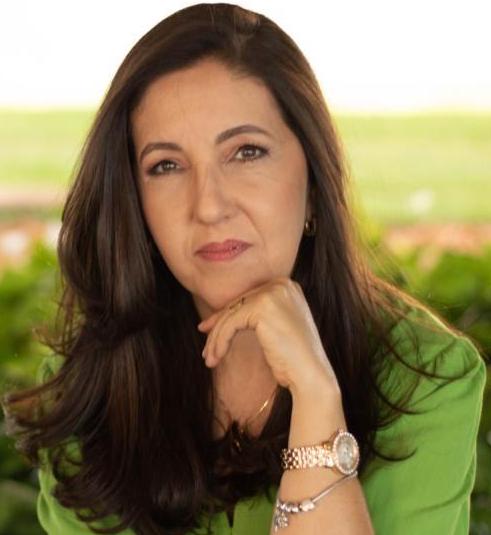A Symbol of Faith or Culture? Brazil’s Constitutional Dilemma

Bruno Santos Cunha is a professor of constitutional and administrative law in Brazil and a PhD candidate in constitutional law at the Federal University of Pernambuco, Brazil.

Renato Costa is a lecturer in law and a fellow of the Centre for Public, International, and Comparative Law at the University of Queensland, Australia.
This blog post examines religious expression in Brazilian public institutions, a topic that has been debated since at least 1892, following the 1891 Constitution’s formal disestablishment of an official state religion in Brazil. While this matter has been discussed across various public fora over the years, it is ultimately the judiciary that adjudicates controversies pertaining to the inclusion of pluriform religious expressions in public institutions.

